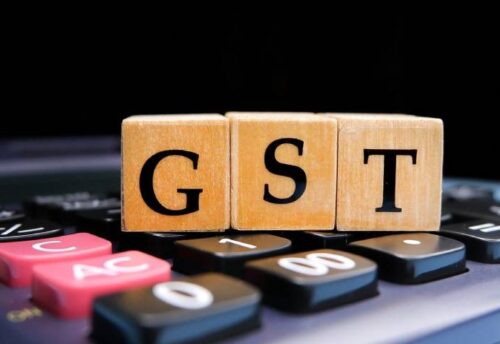
- 05/02/2025
- MyFinanceGyan
- 132 Views
- 5 Likes
- Tax
Understanding Tax Benefits for Senior Citizens in India
As the age progresses, the need for financial stability and planning only becomes more crucial. There are a number of tax benefits available in India that can help in alleviating the burdens of senior citizens. If you are one or planning ahead for the golden years, this article will give you an idea of a few of the important tax benefits made available to you. For the latest financial tips and updates, be sure to follow My Finance Gyan and subscribe to our newsletter for regular insights.
The Elementary Exemption Benefit:
Senior citizens in India are allowed a more liberal basic exemption limit than the other category of taxpayers. For people who are 60 years and above, the exemption limit is ₹3 lakh. It means you are exempted from paying tax on an income of ₹3 lakh. For very senior citizens, aged 80 and above, the exemption limit goes up to ₹5 lakh, and that is an excellent benefit for reducing the tax burden.
Benefits Covered Under Medical Insurance:
Health is one major concern while getting older. On the bright side, section 80D of the Income Tax Act provides tax relief for senior citizens. If you are a senior citizen, then you can get a deduction of up to ₹50,000 against the health insurance premiums paid. In addition to that, it includes premiums paid on behalf of your spouse, children, and dependent parents. All these provide considerable relief from taxes.
Exemption on Interest Earnings:
For the elderly, interest income generated from fixed deposits and savings accounts may be substantial. To reduce their tax liability, the government allows exemption under section 80TTB. An elderly citizen can save as much as ₹50,000 in a financial year in respect of the interest earned from saving accounts, fixed deposits, and recurring deposits. This relief helps senior citizens save more of their interest earnings.
Exemption of Filing ITR:
There are situations where seniors who are above 80 years of age need not submit an Income Tax Return if their income is less than ₹5 lakh. This exemption may reduce the excess load and stress on seniors who may not have as complicated a source of income but would depend on conditions, so subject to verification based on your financial standing.
No Advance Tax:
Unless you have income from a business or profession, you are not required to pay advance tax. So, if your income comes from pensions, interest, or any other source that is not business or profession, you don’t need to pay tax in advance. That way, you are relieved of quarterly advance tax payments. It becomes an easy procedure.
Allowance on Treatment of Specified Diseases:
Senior citizens also get a tax deduction for the treatment of specified diseases under section 80DDB. This includes ailments like cancer, neurological disorders, and chronic kidney disease. The maximum deduction available is ₹1 lakh, which can be claimed for expenses incurred on the treatment of the senior citizen or their dependents.
Income Tax Return Benefits:
The Income Tax Department gives the elderly much relief and ease of preparing and submitting their tax returns by reducing the paperwork to be submitted to the department. They are also allowed a simplified return form to reduce the complexity of managing income taxes. Besides, the government occasionally gives special ITR forms for ease of preparation for senior citizens.
No Tax Under Reverse Mortgage Scheme:
The reverse mortgage is an alternative where senior citizens can transform their property into a flow of income. The good news here is that the resultant income obtained from a reverse mortgage is not treated as income under the Income Tax Act. So, again, this is yet another important source of income without tax on top of that which aids seniors to live comfortably in their senior years.
Standard Deductions from Pension Income:
Although tax is payable for pension income, under section 16 of the Income Tax Act, a senior citizen is entitled to an overall standard deduction of ₹50,000. Thus, it will directly reduce the tax payable amount over your pension earnings. That really makes sense – to boost the savings by making income taxable.
Conclusion:
Senior citizens in India have numerous tax benefits that ease their retirement years with free money. Make use of the various exemptions, deductions, and relaxations provided by the Income Tax Act to minimize your tax burden. Stay updated on financial matters and get more valuable tips by following My Finance Gyan and subscribing to our newsletter. Let’s continue making informed financial decisions together!



